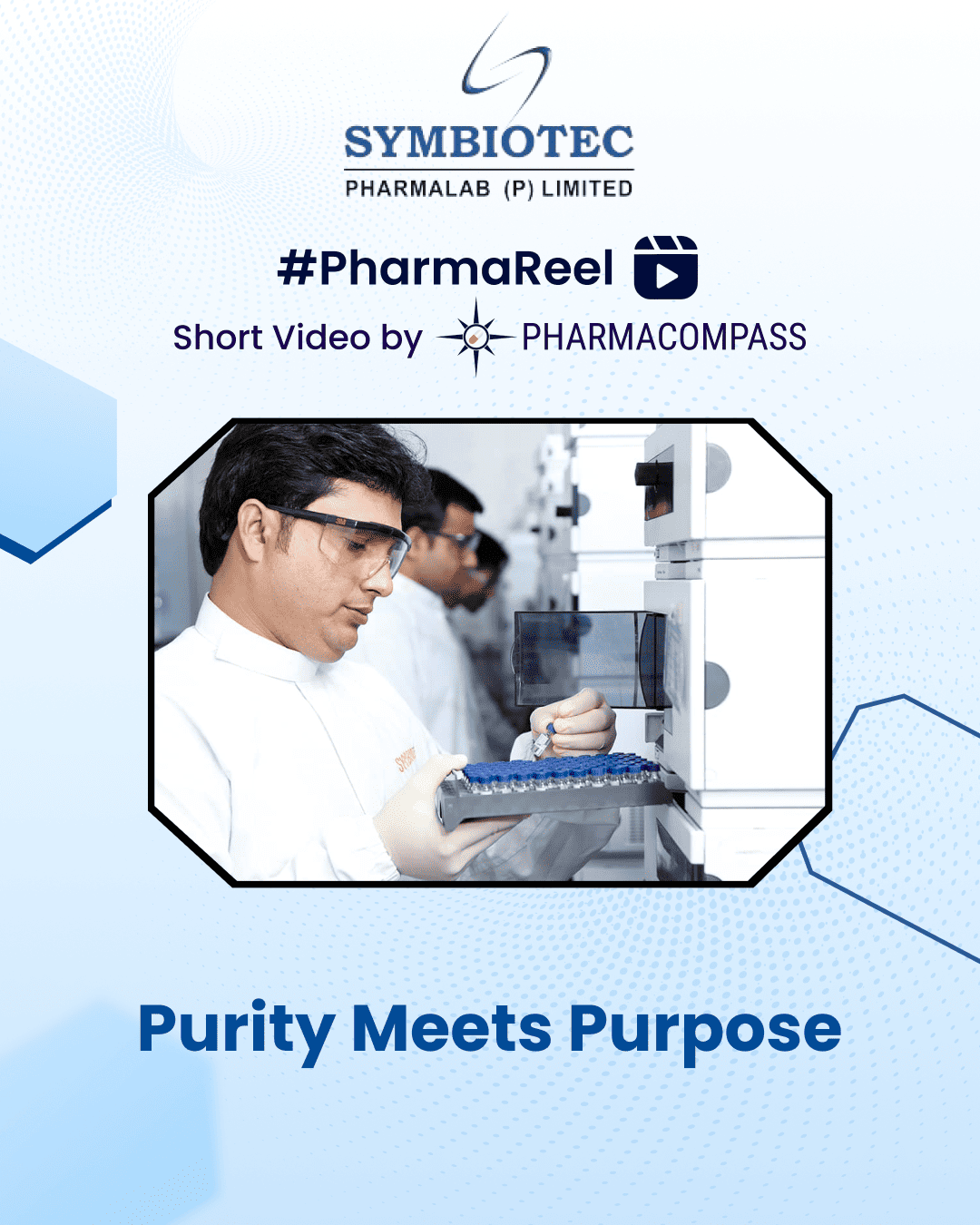
By PharmaCompass
2019-08-08
Impressions: 2316
This week, we reconnect with Roberto Baima, operations director at PharmaChem Technologies GB Limited. While he was the quality director at Cambrex Profarmaco Milano, the Italian operations of the US-based Cambrex, he had shared a European manufacturer’s perspective on assuring integrity in quality systems with us. Baima is back on SpeakPharma. Inspired by the Pfizer-Mylan mega merger, he shares his perspective on the differences between managing quality systems at a generic API manufacturer and at a contract manufacturer that is focused on supplying to the big pharma.
In your
20-year career in the production of active pharmaceutical ingredients (APIs), you have operated in very different situations — from a single-product and single-customer contract manufacturing organization (CMO) to a company that produces more than 70 generics for hundreds of different customers. You have worked in both quality as well as in operations. This time on,
what inspires you to talk to us?
After reading PharmaCompass’ article last week on 'Compliance to determine the success of Mylan’s merger with Pfizer’s Upjohn', I believe my experiences could contribute to the different approaches I have seen in how different companies handle their quality systems and operations.
The generic manufacturer and the CMO have the same objective — to provide the patient with a product that complies with the rules of good manufacturing and to demonstrate to the authorities that they operate in accordance with the regulations, in a consistent and systematic manner.
However, the manner in which both the organizations reach their goal maybe quite different because the environment and the tools available to them are different.
Before talking about the differences, tell us how their
approaches are similar?
We can term the attitude of all organizations committed to the creation of an efficient quality system as ‘perpetual readiness’.
Gone are the days when non-US companies would make last-minute rushed preparations before a US Food and Drug Administration (FDA) inspection. Over the years, frequent and constant inspections by customers, internal audits, IT systems for recording data and the concept of continuous improvement have helped companies understand that the “ethical” application of cGMP (current good manufacturing practices) presupposes that they are always followed, even and especially when the controller is not there. The inspection becomes only the formal act by which a consolidated situation is certified.
Now tell us how the CMO and the generic manufacturer are different?
Let’s look at three main parameters that companies have to manage in order to keep their quality systems and their perpetual readiness in top order. These are — customer audits, deviations and changes. Now, let’s look at the advantages and disadvantages of both CMOs and generic suppliers in each of these areas.
In the case of customer audits, since every customer has to inspect the company every three years, the supplier of generics is continuously inspected and has the opportunity to manage the observations from different customers to test its system. An observation received from several customers is an indication that a real gap needs to be fixed as soon as possible.
On the flip side, with hundreds of customers, the company is inundated with observations that must be prioritized.
For the CMO, the main advantage is that the support from the customer is not limited to one or more annual audit. The customer provides the CMO a constant support to its quality system. However, the disadvantage before the CMO is that it has a single source of observations, recommendations, proposals and requests.
Now let’s turn to deviations. The supplier of generics usually enters into a quality agreement that requires a notification to the customer, but does not include involvement in the investigation. Therefore, the company can operate independently. Its disadvantage in this area is that it gets no viewpoint outside of the organization.
In the case of CMOs, its advantage in the case of deviations emanates from the fact that usually the quality agreement requires the direct involvement of the client in process deviations and allows comparison with an external point of view. Its disadvantage in this area comes from the fact that the client has a very articulate internal verification system that can generate a very long and stressful verification process.
Talking about changes, the advantage before a generic supplier comes from the fact that since they are the owners of their DMFs (drug master files), they can make changes. The downside is the constant and heavy work they need to undertake on the deficiencies received on DMFs whenever the customer files a request.
For the CMO, all regulatory activities are managed by the customer. The disadvantage before a CMO is that even when it faces the opportunity to improve the process clearly, the answer is almost always a “no”. The once customized process can no longer be changed. And the effectiveness of the CAPA (corrective action preventive action) can be affected.
Is one system better than the
other?
Working on the generics market, companies are more free to take quick decisions. In the case of a CMO, the fact that it doesn’t own the process and requires customer approvals before it decides on anything, can be very frustrating.
However, the constant price pressure in the generics business can be extremely exhausting as well. The challenge for a good manager is to be able to face any kind of situation in a way that generates good results for everyone.
So if you ask me my favorite option? I do not have one as the target is always the same — to consistently provide a product that meets specifications for the benefit of the final customer.
In the end, that’s what matters to me.
The PharmaCompass Newsletter – Sign Up, Stay Ahead
Feedback, help us to improve. Click here
Image Credit : Roberto Baima by PharmaCompass is licensed under CC BY 2.0
“ The article is based on the information available in public and which the author believes to be true. The author is not disseminating any information, which the author believes or knows, is confidential or in conflict with the privacy of any person. The views expressed or information supplied through this article is mere opinion and observation of the author. The author does not intend to defame, insult or, cause loss or damage to anyone, in any manner, through this article.”







